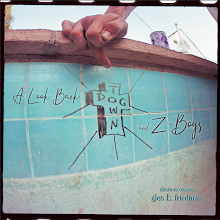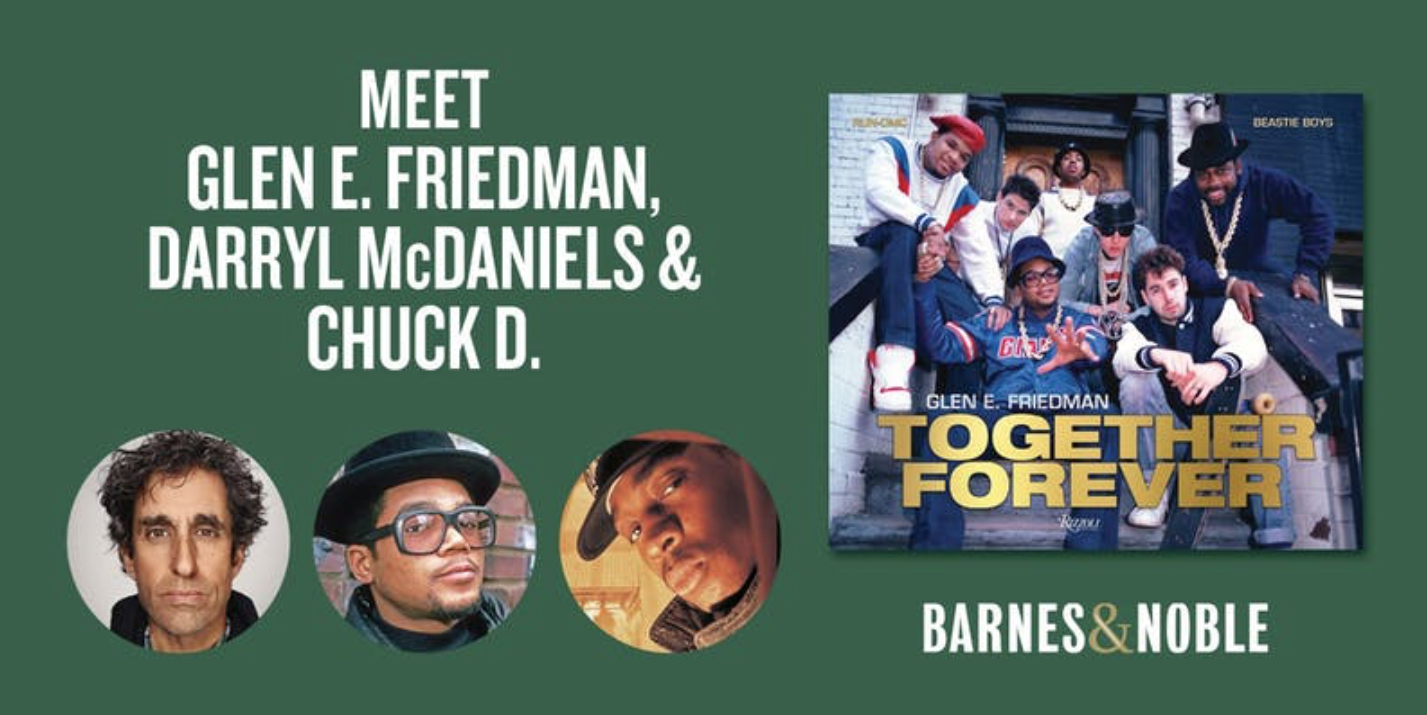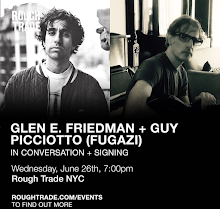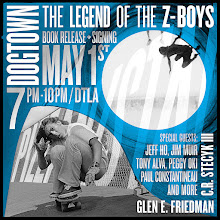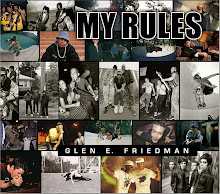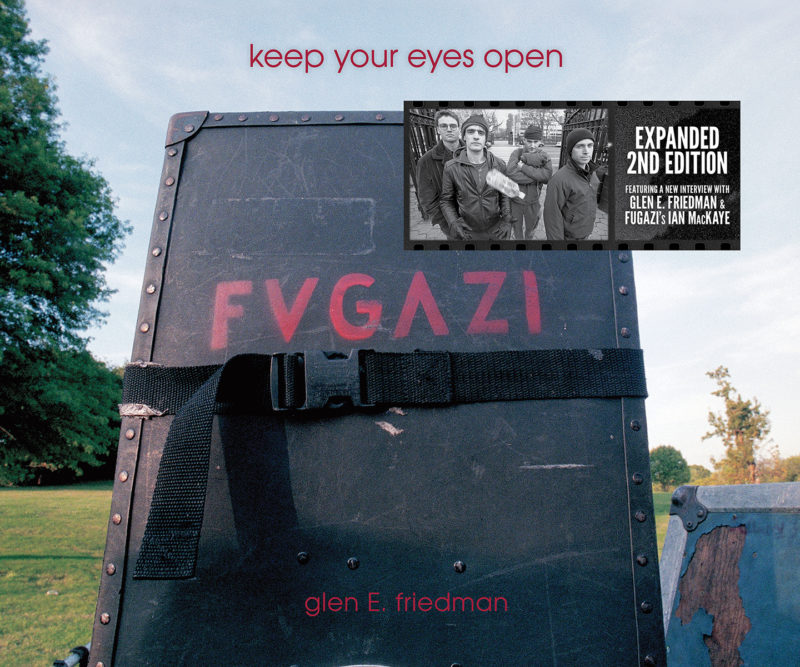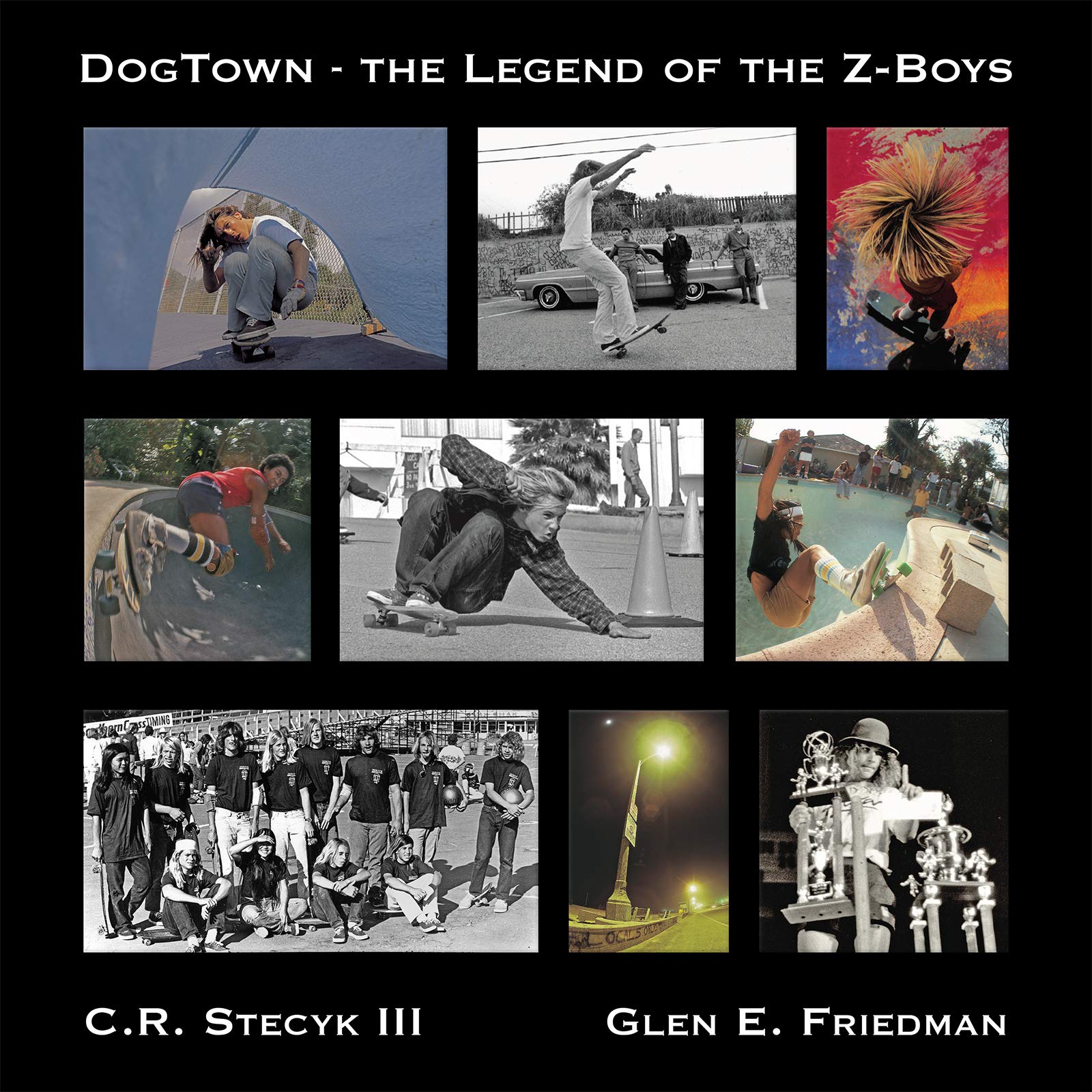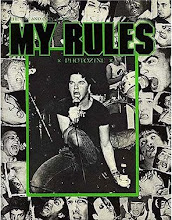
Chuck Askerneese and Marty Grimes in this photograph i made circa 1976, riding the banked walls of the Kenter Canyon school yard is a great example of skateboardings early roots and it’s cross cultural experience on several levels. These guys were RADICAL and skated with a style unlike anyone else on the Westside of Los Angeles, obviously surf inspired like all skateboarding was back then, but there was something different... i am posting this in particular as we close out BLACK HISTORY MONTH, as you should all know African American Skaters since the 70s have always contributed to the progression of skateboarding, and Marty in a way that the original Zephyr team “Z-Boys” recognized the first time they saw him.
Marty and I both attended Paul Revere Junior High at the same time. The school still sits at the point where the boarders between Brentwood, Santa Monica and Pacific Palisades all meet. I lived nearby and Marty was bussed in from South Central Los Angeles. Paul Revere was without a doubt one of skateboarding cultures GROUND ZERO spots for moving the activity off the flat ground on to banked walls. Moving film exists of people riding the walls there from the 1960’s, and most of those hallowed, once again rough, walls call still be ridden to this day.
As a child of the 60s and 70s civil rights were something that i knew were extremely important, integration for the betterment of society now may seem obvious to most, but it wasn’t a given for many, and sadly in the current environment may still have its detractors. As a lovely holiday card read, that i got a few years ago from a friend in Pittsburgh, and still sits on my window sill, says in huge letters “All people are created equal” and then in small type below “EXCEPT those people that think people weren’t created equal, those people are assholes.” I love this card for calling people out. I believe this sentiment so much my whole life, and am stoked i was able to help Marty get the first “WHO’s HOT” profile, for a Black skater in the original SkateBoarder Magazine in 1977, Jay Adams mom actually wrote it! Some years later I made a photo of Chuck Treece at Tom Groholski's ramp in New Jersey, and pushed for it to be on the cover of THRASHER magazine, the 1st photo of a Black skater ever on the cover of a major skateboarding publication.
The rest is history and black skaters are now helping to write it more than ever!
This photo appears huge in the MY RULES book... #Film #SurfSkateStyle #Style #Embankment #Asphalt #SchoolYard #KenterCanyonSchool #WLA #DogTown #OG #BlackSkaters #OldSchool #innovator #ZBoy #Zephyr #ZFlex #BankSkating #SurfSkating #Skateboarding #AfricanamericanSkateboarders #Ride #Fun #speed #Culture



